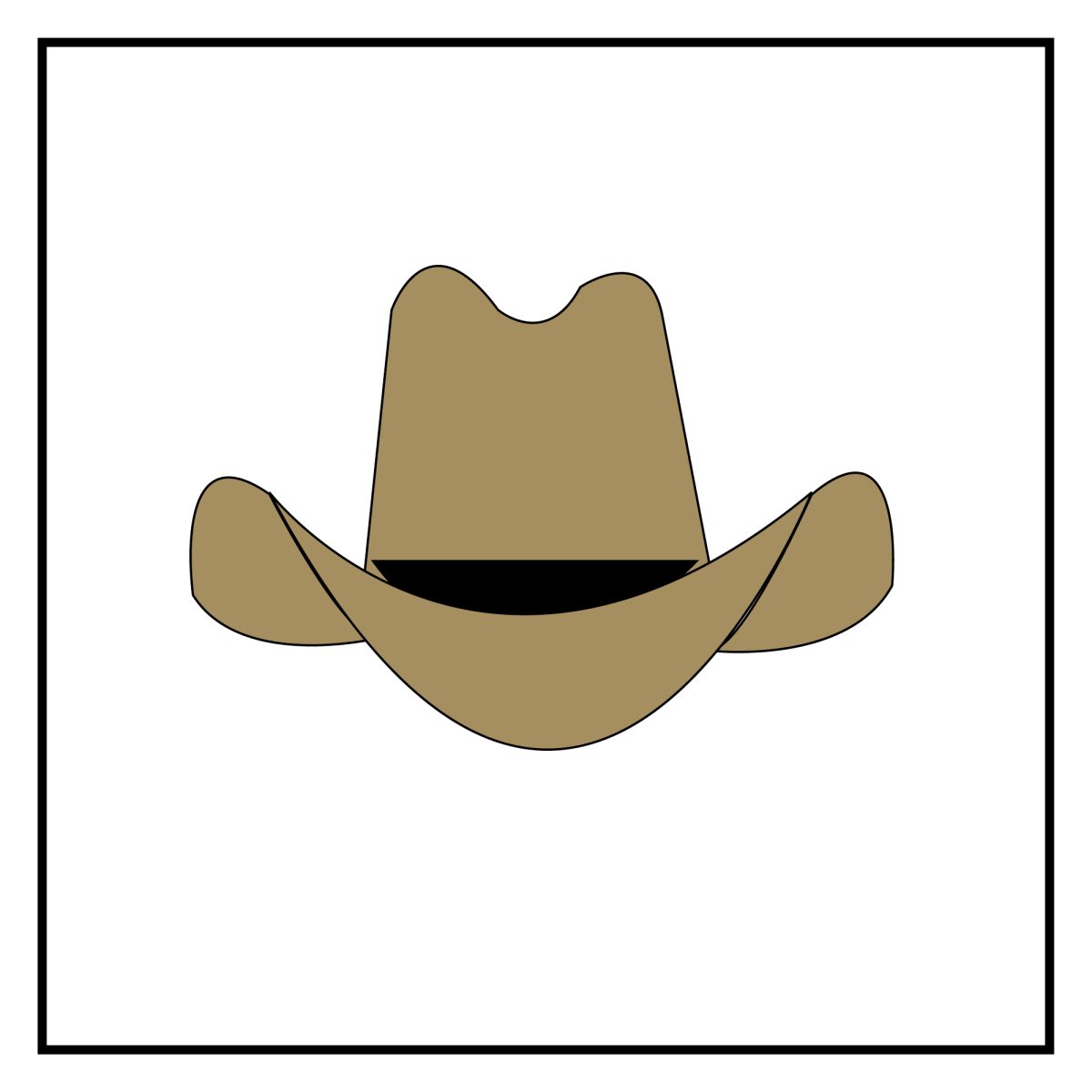Beer, trucks, tractors— all staples of what comes to the forefront of minds when people think of country music. These shallow ideas of what country music is have led to a movement of people who are anti country music. But I believe the source of the hate for country music is simply a shift in the subject matter, the modern version largely nothing like the greater critique of society that country music once was.
The golden age of country music is largely considered to be between the 1950s-1980s, with artists like Johnny Cash, Dolly Parton, Loretta Lynn, and Willie Nelson, finding voices to critique the world within the genre, and these artists are still beloved today. Classic country music’s roots are in the struggles in the working class, storytelling, and an overall distrust in authority. With the genre being largely steeped in post war America where large social movements were beginning to take place.
Lyrics like “9 to 5/ Yeah, they got you where they want you/ There’s a better life/ And you think about it, don’t you?/ It’s a rich man’s game/ No matter what they call it/ And you spend your life/ Putting money in his wallet,” from Dolly Parton’s 9-5 opening discusses the trials and tribulations of working people, and the seemingly impossible ladder to climb to move up in the world. A similar sentiment is shared in Loretta Lynn’s Coal Miner’s Daughter with the lyric “He shoveled coal to make a poor man’s dollar.” In older country there is this idea of life being difficult for the working class, but they still had plenty of love to go around.
Even more political, vocal supporter of prison reform, Johnny Cash, had lyrics like “San Quentin, may you rot and burn in hell/ May your walls fall and may I live to tell/ May all the world forget you ever stood/ And may all the world regret you did no good,” in his song San Quentin, which was first performed during a 1969 concert at San Quentin Prison. This is not the only song critiquing the world around him that Cash wrote either, like What is Truth famously performed in front of Richard Nixon at the white house and Man in Black actively criticizing several societal issues including war, poverty, and prison again.
More so, even if politics aren’t your thing, country music largely used to be a way to tell a story, and so much storytelling has been given up in favor of buzzwords. People aren’t frequently making songs like Kenny Rodgers’ The Coward of the County, Reba McEntire’s The Night the Lights Went Out in Georgia, Tanya Tucker’s What’s Your Mama’s Name, or The Charlie Daniels Band’s The Devil Went Down to Georgia, and that’s just naming four of probably hundreds of songs that were made just to tell a story, and not even mentioning the one’s lost to time.
If you believe you hate country music, I implore you to go out and try something older, it’s not all just bald eagles and honky tonk.




